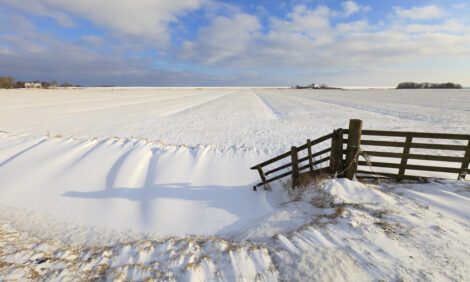



Radical Dutch Grazing Law Could Outlaw Herd Expansion
THE NETHERLANDS – Radical Dutch politicians hope to push through national grazing laws to limit expansion only to farm offering cows access to grass.Herd expansion, the politicians hope, will be limited to high welfare, grass-based systems, slowing the rate at which dairies are housing cattle.
The desire of GroenLink, a merger party of four left of centre political groups, is to maintain the level of grazing seen in the Dutch dairy sector in 2012 through a compulsory grazing bill.
The party claims grazing brings environmental, ethical and economic benefits compared to the ‘harmful effects’ of housed operations, namely mastitis and higher greenhouse gas emissions.
GroenLink states that 30 per cent of dairy cows are now undesirably housed, adding that since 2001, grazing cow numbers have reduced in proportion from 90 per cent.
Spokesperson for GroenLink, which markets itself on being ‘green, social and tolerant’, said the industry should change direction from focussing on ‘scaling up’ to prioritizing animal welfare and the environment.
He added: “For the cows, dairy and farmer and environment, it is good in so many ways to have cows standing in a meadow.”
In reaction, the Dutch Dairy Association has said that all of its affiliated dairies are ‘in favour’ of grazing cows.
“Various dairies pay an extra meadow premium to their dairy farmers that graze cattle on pasture,” said an NZO spokesperson.
“Many projects have been initiated to solve grazing issues. The dairy sector provides a wide range of products from meadow milk, recognisable by the logo, allowing consumers to contribute to the preservation of Dutch cows in meadows.”
He said such agreements guarantee pasture milk from cows from spring to autumn for 120 days each year, on farms allowing cows six hours a day at grass.
GroenLinks is a left-wing composite political party made when the Communist Party of the Netherlands, Pacifist Socialist Party, Political Party of Radicals and the Evangelical People’s Party merged in 1989. The law, known as D66, is currently under discussion.
Michael Priestley
News Team - Editor
Mainly production and market stories on ruminants sector. Works closely with sustainability consultants at FAI Farms



